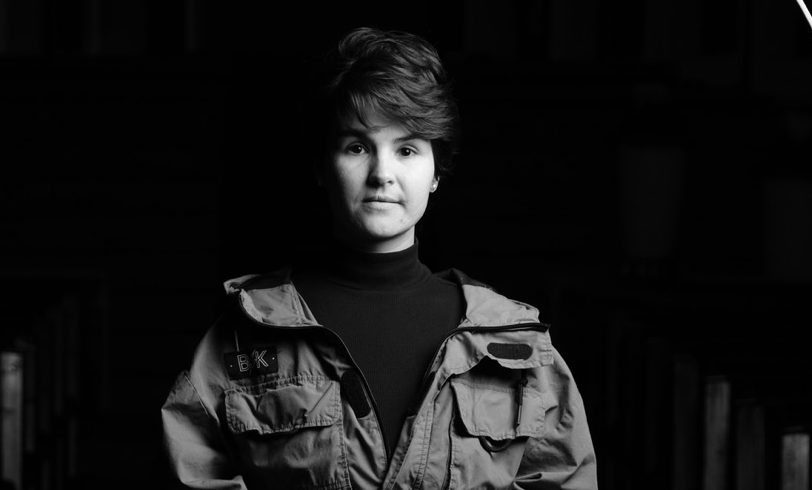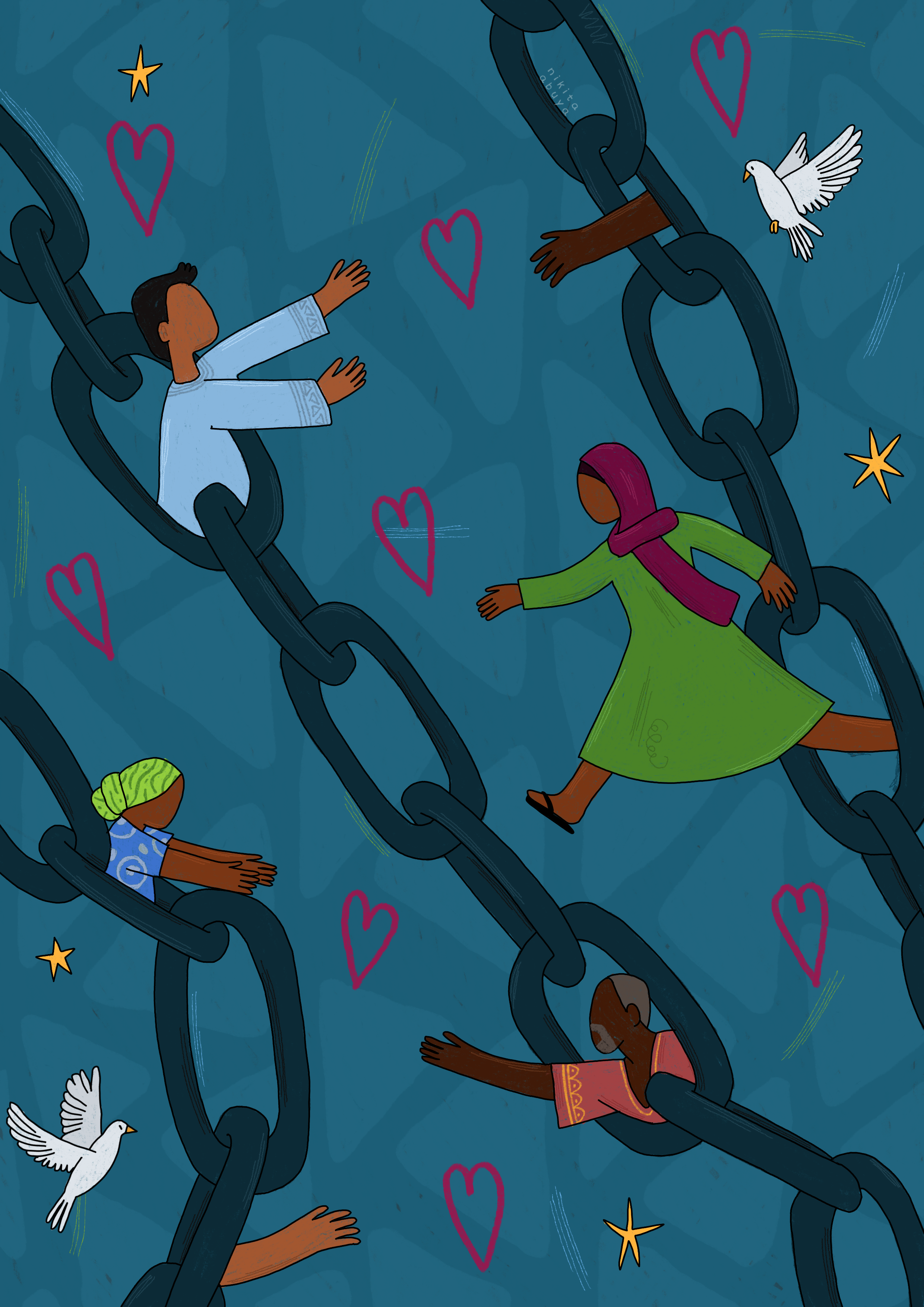Was there a defining moment in your life that drove you to work for the defense of women’s rights?
On 15 August 2021, when the Taliban took over, it was a moment of life or death for me which led to my decision to stand against the Taliban, no matter what. I mobilised women to protest, and our protest continued until January 2022. I was arrested in my house, along with my three sisters, in the middle of the night. The decision to stand for human rights and for the rights of women in Afghanistan, for equality, liberty and democracy was a defining moment in my life.
Could you present in a few words your work combating gender apartheid?
We challenge the status quo to create international consensus that the condition of women in Afghanistan is tantamount to nothing but ‘gender apartheid’ and we relentlessly campaign for the codification of gender apartheid in international law. We, therefore, have started the ‘End Gender Apartheid in Afghanistan’ campaign in Germany.
What would Afghanistan look like in say, 20 or 30 years, if women and girls were free to access their rights? And how do you think your work contributes to bringing that vision about?
If the people of Afghanistan, including women, were able to achieve a free, equal and just society, where equality between men and women is institutionalised, human rights are respected, pluralism and diversity are officially recognised, and people have the right to self-determination to democratic processes, Afghanistan will become a democracy. Our campaign wants to contribute to making this vision a reality.
Have you been the target of attacks or acts of harassment or reprisals as a result of your work?
In addition to having been imprisoned and tortured by the Taliban, which forced me into exile, I still face harassment and cyber bullying by pro-Taliban circles quite often.
Do you have a message to the UN and/or the international community?
The Taliban oppression of women in Afghanistan goes beyond their first stint in power (1996-2001). The Taliban’s policies on women and girls amount to nothing but ‘gender apartheid’. It is systematic and intentional.
The world must act and criminalise the on-going ‘gender apartheid’ in Afghanistan.
Do you have a message for other women human rights defenders from Afghanistan?
My message to other women of Afghanistan is to stick to each other despite sectarian, ethnic, linguistic, and cultural differences as all women of Afghanistan face the same policies of ‘gender apartheid’ by the Taliban. Only together can we bring this system down. Women solidarity among us is key.


